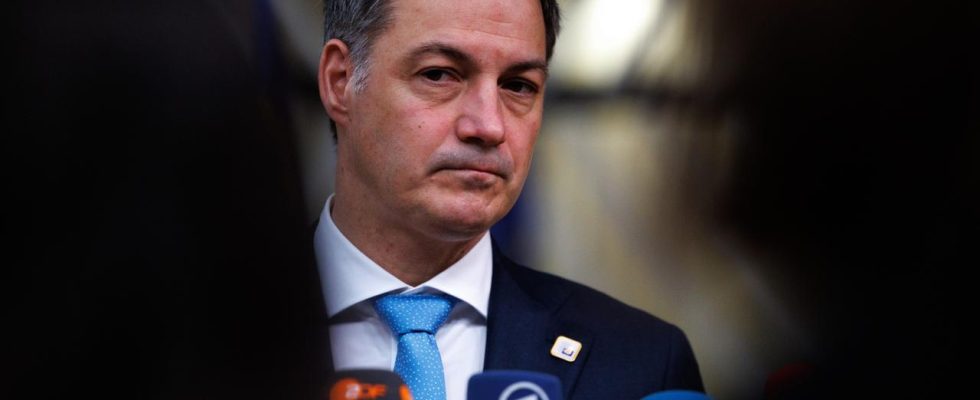Secret services of an EU state have once again uncovered structures with which Russia apparently wants to influence the upcoming European elections. Belgium’s Prime Minister De Croo is calling for more decisive action from the EU.
According to Belgian investigators, networks controlled by Russia are trying to help pro-Russian candidates succeed in the European elections. Belgian intelligence services have discovered “the existence of pro-Russian interference networks” that are said to have been active in several European countries, said Belgian Prime Minister Alexander De Croo.
According to information from the secret services, Moscow’s goal is to get as many pro-Russian candidates as possible into the European Parliament and thus strengthen a pro-Russian narrative in this institution.
De Croo did not say which politicians were the target of the influence attempts. He only confirmed that the Belgian judiciary had started an investigation and that there was currently no evidence of the transfer of funds in Belgium itself.
Pro-Russian portal revealed
At the end of March, the Czech Republic put the Internet platform “Voice of Europe” (VoE) on the national sanctions list after secret services investigated the pro-Russian portal. The website is part of a Russian influence operation whose aim is to question Ukraine’s territorial integrity, sovereignty and freedom.
Interviews with AfD politician Petr Bystron and his party colleague Maximilian Krah appeared on the portal, which was blocked in the Czech Republic.
The Czech newspaper “Denik N” had reported that Bystron may also have accepted money. The AfD MP has rejected this several times. Bystron is in second place on the AfD federal list for the European elections, Krah is going into the election as the party’s top candidate.
EU authorities could take action against influence peddling
De Croo said of the investigation in Belgium: “We cannot allow this kind of Russian threat in our midst.” Action must be taken at national and EU level. Specifically, he suggested examining whether the European Anti-Fraud Office (Office Européen de Lutte Anti-Fraude, OLAF) could pursue these types of threats. If not, the authority’s mandate should be expanded.
Observers fear that attempts to influence the European elections could increase again. Russia has been trying to destabilize European countries for years – with the help of media networks, fake accounts and orchestrated campaigns.
According to his own information, De Croo is also in close contact with the President of the European Parliament Roberta Metsola about the case. The European elections will take place from June 6th to 9th.
In Germany people will be called to the ballot box on Sunday, June 9th. The more than 700 members of the European Parliament are elected. Parliament is closely involved in European legislation and also has a say in the composition of the next EU Commission.

